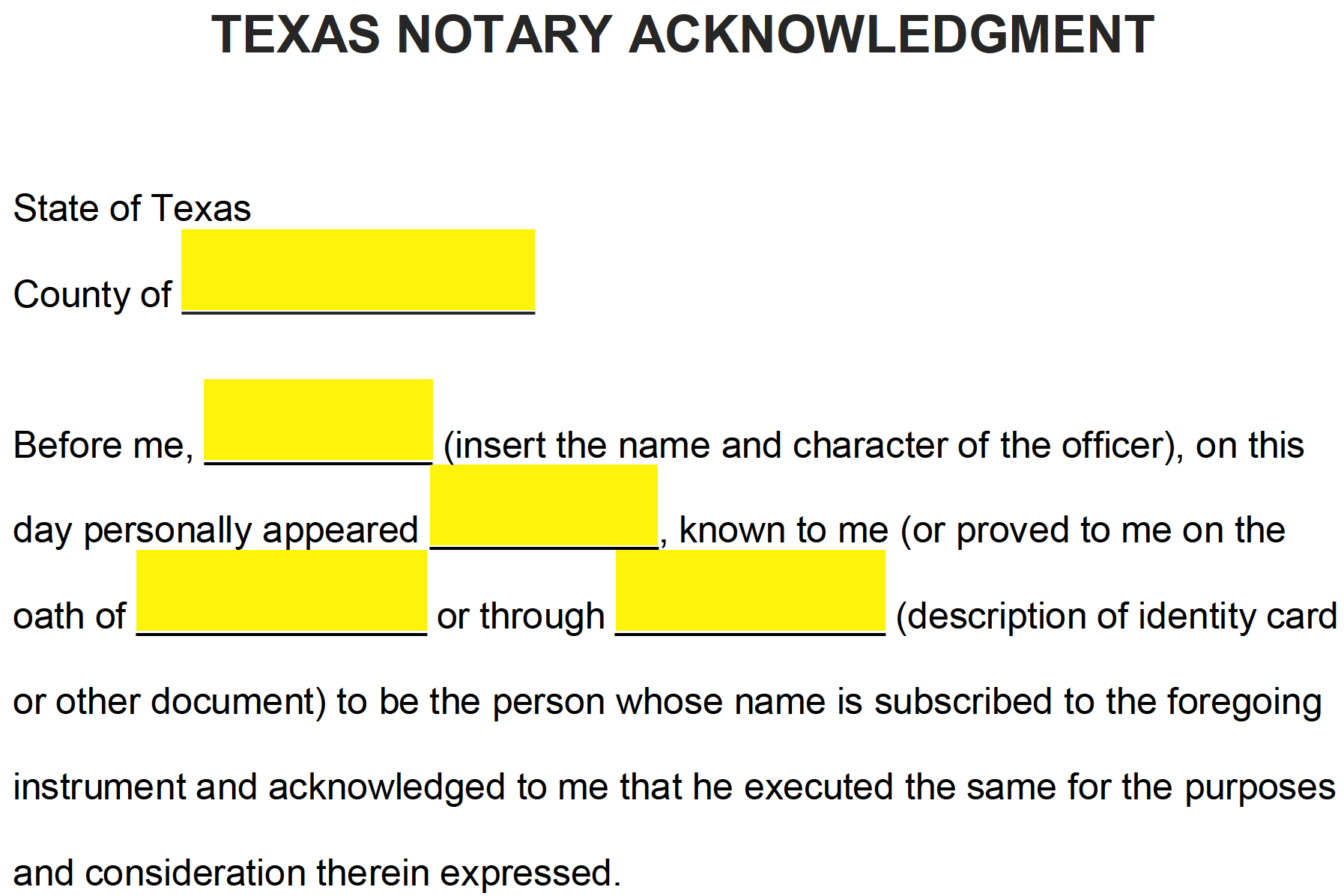
For a will to be considered valid, a holographic will must have been written entirely in the testator’s own handwriting, and it must also be signed.
Holographic wills, or wills which are handwritten. Texas recognizes two different types of will: The Different Types of WillĪnyone seeking to write a valid, legal will in Texas must also follow the state’s formal requirements for drafting one. If a testator lacks testamentary capacity and intent, an heir or prospective heir could challenge the validity of the will in probate. In other words, a person drafting a will-or signing a will that an experienced estate planning attorneys helped create-must be able to understand what the will does, who will receive the assets cited in the will, and that they have created a document to dispose of their assets after death. Discerns how the elements constituting a will lend to its execution. Recognizes that a will leads to the disposal/distribution of assets after death. Knows which people are likely entitled to their assets (relatives). Knows the nature and extent of their assets and property. Understands the effect of making a will. Understands that they are making a will. Showing testamentary capacity and intent requires that an individual: If somebody is elderly, incapacitated, or under undue influence, their will may be found invalid by a probate court. While most adults have the legal capacity to write a will, they must also understand what they are doing when they draft one. Most people who meet the above criteria can write a will. Be a member of the United States military. 
To demonstrate legal capacity, a person must meet at least one of the following criteria: Texas, like most other states in the country, permits people who meet a certain, basic threshold to create a will. Since wills can have profound impacts, both in life and in death, it is important to understand which requirements a will must meet to be considered legal in Texas. It allows an individual to designate an estate executor, choose guardians for their children, and delegate the power of attorney to a trusted friend or relative.

While many people believe that a will simply details how assets will be distributed after their death, the document has many other purposes. A last will and testament is a foundational component of any estate plan.






 0 kommentar(er)
0 kommentar(er)
